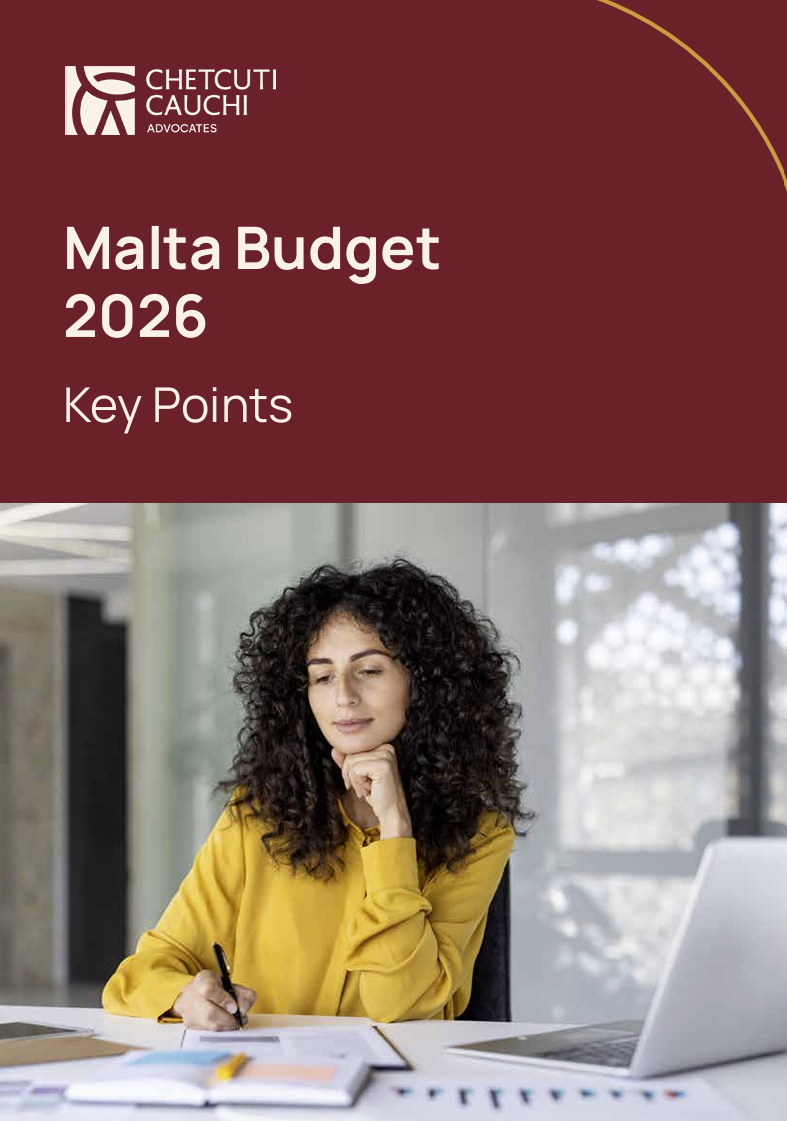Budget 2026 underscores the government’s commitment to fostering a dynamic, future-ready economy by supporting businesses—especially SMEs—and driving innovation. The approach balances immediate relief with long-term transformation, ensuring enterprises are equipped to thrive in a rapidly evolving global landscape.
Central to this strategy is a suite of incentives aimed at reducing operational burdens and encouraging investment in digitalisation, research, and workforce development. Businesses investing in innovation, cybersecurity, and modern technologies will benefit from enhanced tax credits and expanded support schemes.
Tax Inititatives and measures
A summary of the measures below:
- Extension of existing benefits schemes for family businesses such as reduced stamp duty rate of 1.5% on intra-family transfers, grants on governance and succession planning, training, digitalisation and financial support for next generation family business members.
- Small enterprises and self-employed who will acquire an industrial garage to operate in, where the Government will cover up to 50% of the cost with a cap of Eur 300k.
- The Micro Invest Scheme has been widened to include digital solutions as eligible investments. Tax credits for Maltese businesses will increase to Eur 65k (up to 65% maxumum of eligible expenditure). Total aid for businesses in Gozo will increase to Eur 85k for specific categories and will maintain the 20% uplift.
- Accelerated tax deductions over a two-year period will be available for investments in AI, digitalisation, modernisation, automation and cybersecurity
- A tax deduction of 175% will be granted to businesses who invest on eligible research and innovation expenditure
- As part of the Microinvest, wage increases of employees in the private sector who have been employed with the same employer for more than 4 years shall be financed by the Government. There is a limit to a maximum of 65% of the increase for two years up to a maximum of Eur 780 per year. A maximum of 80% up to a maximum of Eur 960 per year for employees in Gozo.
- Investments in machinery, tools, equipment, software and cybersecurity solutions and others, in the next two years, will be eligible for a tax credit of 60% of the investment value, spread over 4 years. This is to aid enterprises investing in such expenditure with the aim of adding value and productivity or launching a new business. As an example: a company which invests Eur 100k in machinery will be able to benefit up to €60k in tax credits over 4 years.
- Cooperatives will be exempt from the obligation to submit audited accounts for income tax purposes as stipulated in the published rules.
- Increase in eco-contribution paid by tourists from Eur 0.50 to Eur 1.50 per night.
- The government is also investing heavily in emerging technologies, with a €100 million allocation for artificial intelligence, cybersecurity, and IoT. Citizens completing approved AI training will gain free access to advanced tools, promoting digital literacy and inclusivity.





















